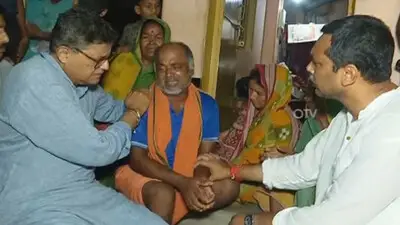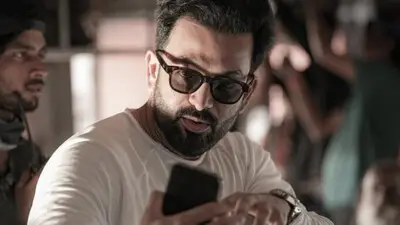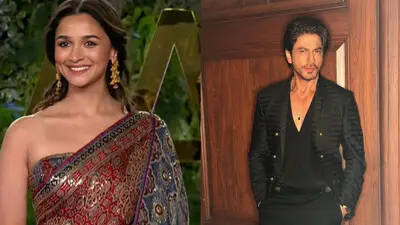Recommended Stories
Award-winning stage director Bhanu Bharti explores this complex question through the play "Tamasha na hua" (The drama never happened) whose protagonists end up debating Tagore`s relevance. A play within a play.
"We wanted to honour Tagore on his 150th birth anniversary and revisit his ideas in today`s world. What better way than to take one of his popular works and initiate a debate about the freedom of man in the present political, technological and cultural context," Bharti told PTI.
"Tamasha na hua" was staged in the national capital on Jun 28 with chief minister Sheila Dikshit among the audience.
Bharti gets the actors to enter a heated discussion over the context of the play and touches on issues of industrialisation, environment and human development. Even as the curtains come down the debate continues with the "play" not happening.
Tagore`s emblematic work "Mukthdara" said to symbolise the Noble Laureate`s admiration for Mahatma Gandhi, is the story of a tyrannical king who decides to dam a waterfall to deny those who depend on it for water.
However, the crown prince unlike his tyrant father believes that nature`s bounties are to be shared equally with all irrespective of man made geographical boundaries and so he destroys the dam by sacrificing his life. .
The theatre troupe practicing the play "Muktdhara" is unable to relate with the issue of man and machine and get themselves in a debate about the relevance of man`s freedom from machine.
"This argument leads to the famous debate between Tagore and Gandhi, and the issue of man`s freedom in today`s scenario", says the director who adds, "Our play makes people to think, rest is for them to find a way out".
"We have reached a stage where we are looking for a breakthrough. The existing ideas and ideologies have failed us we need new ideas but they cannot come from vacuum we need to experiment and bring out something new from old," he says.
The director-cum- playwright who is an alumnus of the National School of Drama in his typical experimental theatre style incorporates elements of Japanese and Indian tribal and folk theatre in the new play.
Bharti, who has won several awards including the Sahitya Akademi award has more than 70 productions in his theatre career spanning over 40 years including "Chandrama Singh urf Chamku Das", "Yamgatha" and "Aks-Tamasha".
Three of his productions - "Pashu Gayatri", "Kaal Katha" and "Amar Beej" - are based on ritualistic art of Bheel tribe in Mewar region of Rajasthan, an area that is much close to Bharti`s heart.












